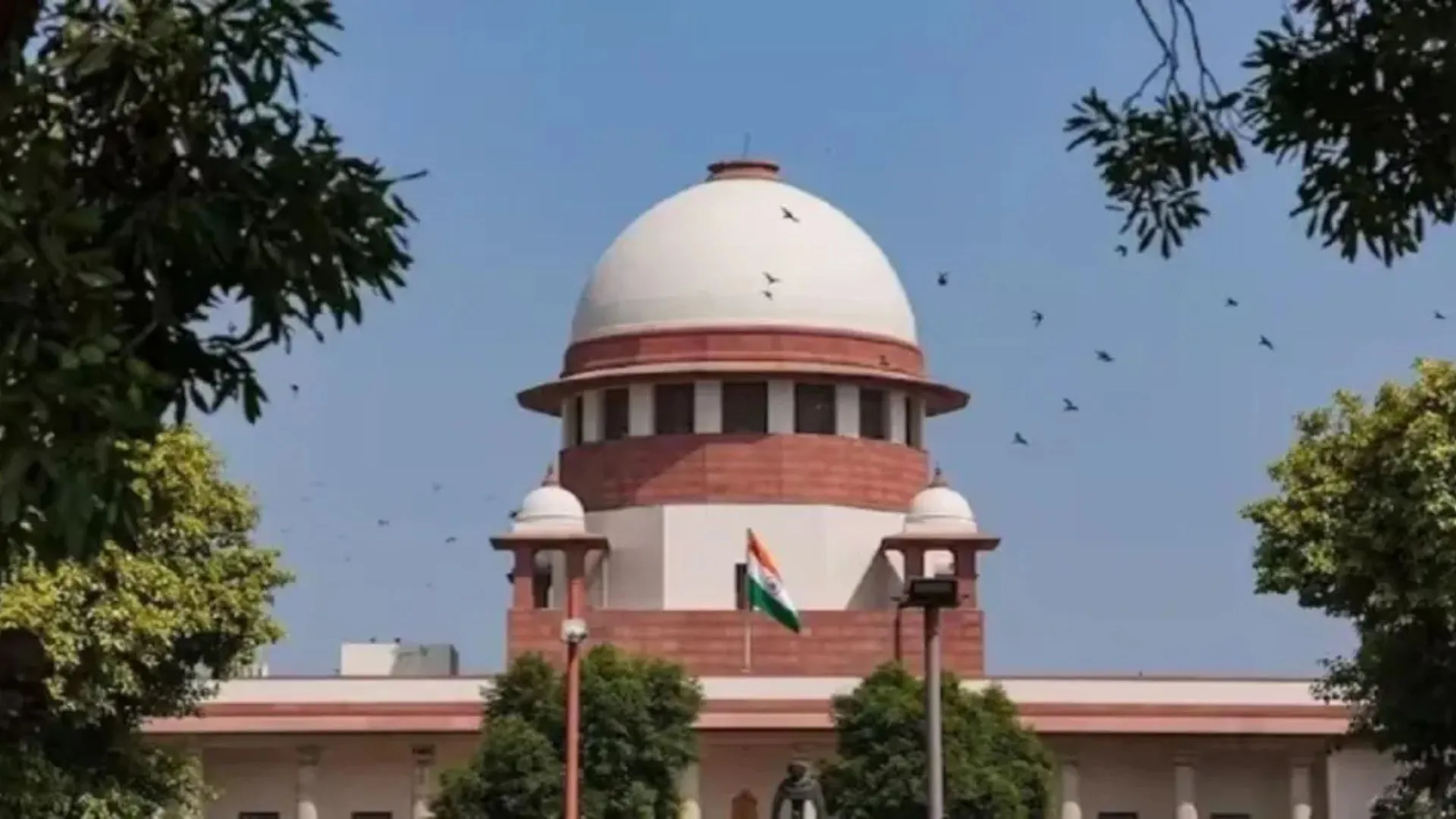The Supreme Court has once again highlighted the urgent need for timely appointments to the Central Information Commission (CIC) and various State Information Commissions (SICs), which are struggling with significant vacancies. The court has directed both the Centre and state governments to expedite the process of filling these vacant posts to ensure the effectiveness of the Right to Information (RTI) Act.
CIC Faces Severe Vacancy Crisis
As of Tuesday, the Supreme Court took serious note of the fact that eight out of the 11 posts in the CIC remain vacant, including the crucial post of Chief Information Commissioner. A bench of Justices Surya Kant and Ujjal Bhuyan has demanded that the Centre provide an affidavit within two weeks, detailing the steps taken to fill these vacancies. The court emphasized that the RTI Act, enacted in 2005, cannot be fully effective unless these positions are filled.
States with Defunct Information Commissions Urged to Act
The Supreme Court also pointed out that in states like Jharkhand, Tripura, and Telangana, the State Information Commissions have become essentially defunct due to the absence of information commissioners. The bench has called for immediate action, ordering the chief secretaries of these states to begin the process of appointments without further delay.
In Jharkhand, the situation has been complicated by the absence of a Leader of Opposition, which delayed the process. However, Senior Advocate Arunabh Chowdhury assured the court that the process will begin promptly after the new legislative assembly is sworn in.
Court’s Continued Push for Transparency
The Supreme Court has been vocal on this issue for several years. Since February 2019, it has issued multiple directions regarding the filling of vacancies in CIC and SICs, noting that such delays undermine the RTI Act and the transparency it aims to protect.
Advocate Prashant Bhushan, representing petitioner Anjali Bhardwaj, strongly criticized the ongoing vacancies, stating that the Centre and state governments are “virtually destroying” the Right to Information Act by failing to make timely appointments.
Other States with Vacancy Issues
The court also took note of significant vacancies in various state commissions across the country. Chhattisgarh has two vacant posts, while Bihar has one, West Bengal faces four vacancies, Odisha has five, and Tamil Nadu has two vacant positions in its SIC. The bench instructed other states to provide updates on their respective vacancies and the progress made in filling them.
Ongoing Legal Actions to Ensure Compliance
In its October 2023 order, the Supreme Court had once again reminded the Department of Personnel and Training (DoPT) to collect comprehensive data from all states, including the sanctioned strength of information commissioners, the current vacancies, and the number of pending cases. The court expressed concern that without prompt action, the RTI Act risks becoming ineffective.
In addition, the court has insisted that the appointments be made transparently and within three months, with a warning that failure to comply could lead to contempt proceedings. The court emphasized that commissioners should be selected from a range of fields and not be limited to bureaucrats, ensuring a more diverse and effective commission.
Why Filling Vacancies is Crucial for the RTI Act
Filling vacancies in the CIC and SICs is essential for the RTI Act to remain effective and uphold the transparency it guarantees. The Right to Information Act (2005) empowers citizens to request information from public authorities, promoting accountability in government actions. With ongoing delays in filling posts, citizens’ access to this vital information is compromised, undermining the spirit of the law.
MUST READ: Bengaluru And A Few Other Districts Are Also Likely To Experience Rainfall On November 26 And 27



















